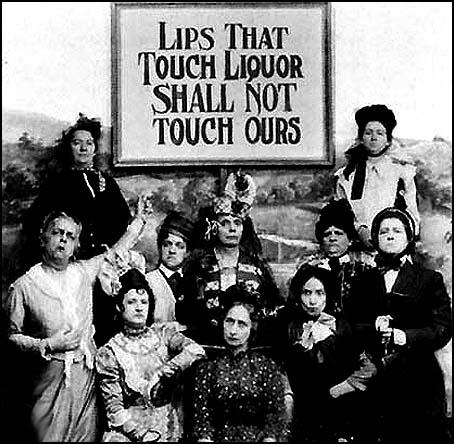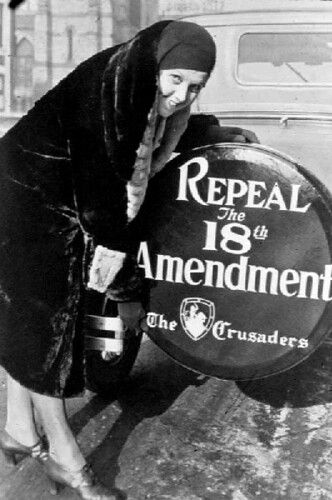The ending of prohibition
On March 22 1933, FDR ended one of the most controversial issues of the 1920’s, “prohibition.” He ratified the 21st amendment to allow prohibition. This was a muh needed amendment that gave people suffering the depression jobs, as well as bringing revenue into the cities. The abolishion of prohibition gave Roosevelt a good name and helped him earn support from cities that supported the abolishion of prohibition. The political cartoon above depicts a man who just opened a bar in 1933 shortly after alcohol was legalized. Legalizing the sale of alcohol was clearly not a mistake as it has been nearly 80 years since the legalization and we rarely see protestors. The repealing of prohibiton was one of the first efforts and a giant step to ending the depression.










